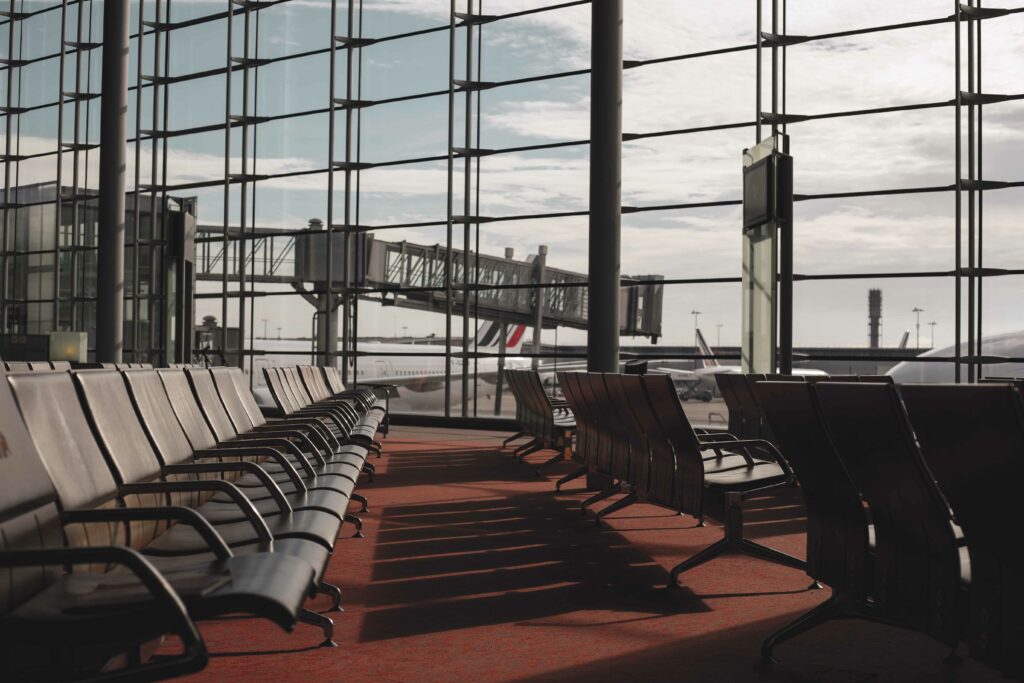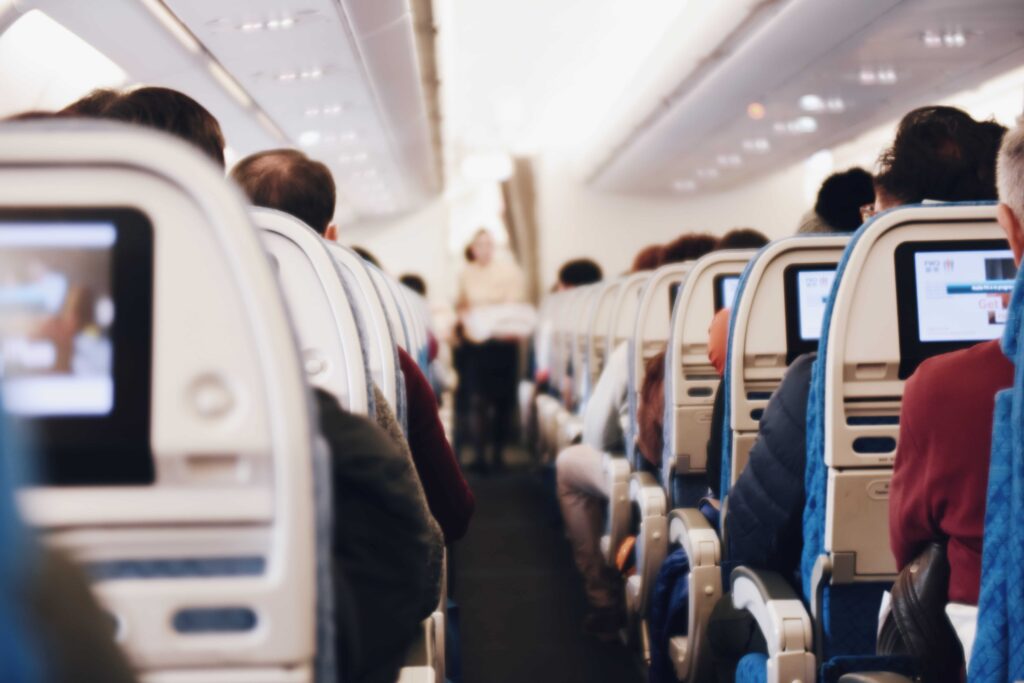New remedies in airline mergers: a distribution perspective
"The COVID-19 crisis is likely to accelerate a longstanding consolidation trend in the European aviation sector" argues Emmanuel Mounier, Secretary General of eu travel tech, in his recent opinion piece reflecting on new remedies in airline mergers from a distribution perspective.
This article by Emmanuel Mounier, Secretary General of eu travel tech, originally appeared in the European Transport Regulation Observer “Short- and Mid-Term COVID-19 Effects on the Aviation Sector: A Competition Law Perspective” (January, 2022).
Competition in the European Aviation sector has been negatively impacted by a worrisome consolidation trend in recent years. Five airlines now have more than 50% of the market. These airlines have become dominant in certain markets, as acknowledged by the European Commission when assessing State aid granted to several airlines, thereby representing a serious challenge to consumer choice and market access for small airlines.
The COVID-19 pandemic has subjected the sector to a tremendous shock. Most airlines would not have survived without public support, and such support is justified. However, public money has been unevenly spread in Europe. Big carriers, which are already dominant on their markets, originating from Member States or extra-EU countries with greater ability to support their champions, have received massive support,[1] whereas other states have not been able to support “their” airlines.
It is likely that such State aid will lead to market distortions and further consolidation. Smaller airlines may be forced out of markets or be acquired by larger and wealthier airlines, as already shown by the potential IAG/Air Europa merger project.
With further consolidation on the way, further competition concerns will arise. As acknowledged in the Aviation Round Table report, “[c]onsolidation may bring benefits to the economy, through increased efficiencies or additional investment capacity, but it may also have a negative impact on competition and prices, usually by creating or strengthening a dominant player”.[2]
To “fix” competition issues arising from airline mergers, the European Commission has so far used only a limited set of remedies, slot divestitures being the most common. However, these remedies only consider horizontal competition between airlines, disregarding competition downstream at the distribution level. They are unable to ensure that new entrants (buying the slots from the merging incumbent) will be able to successfully penetrate the market[3]. Customers regularly using the incumbent’s online platform may have little exposure to the new entrant’s alternative offering.
Presently, European competition authorities are primarily concerned with the number of competitors present on a given route when designing remedies. This approach does not give due consideration to the number of seats likely to be sold by these competitors, and ultimately the profitability of operating on a given route. A more holistic approach, considering the ecosystem as a whole, is required.
Indirect distribution channels are a competition-enabler in the aviation sector.
Air ticket distribution intermediaries (GDSs, TMCs, OTAs and metasearch engines) provide transparency and choice to consumers, allowing travellers to compare all available options (on price, services, environmental footprint etc.) on unbiased marketplaces. They enable not only interbrand competition (i.e., new entrants can compete directly on the merits with incumbents and attract potential new customers, lowering entry costs) but also intrabrand competition (intermediaries can compete with airlines’ direct distribution channels, offering discounts and providing improved search and booking experiences). Such intrabrand competition is not fostered by slot divestiture remedies.
Distribution-related remedies are a new avenue worthy of consideration by competition authorities.
However, indirect distribution channels can only enable competition if they have non-discriminatory access to the airlines’ “quality” content: i.e., their lowest fares and core ancillary services. This access is often threatened where large EU airlines have acquired dominant positions. Indeed, several of them have implemented abusive practices over the last decade, limiting transparency for consumers, such as: (i) surcharges on tickets purchased via GDS channels; (ii) withdrawal of basic fares from GDSs; (iii) ancillary services not made available to indirect channels; or (iv) marketing and advertising restrictions (e.g., “meta” bans and brand-bidding restrictions), making indirect distribution channels less visible on the market. These practices need to be tackled to enable indirect distribution to fully play its procompetitive function. Distribution-related remedies could achieve this.
What should distribution-related remedies look like?
These would complement slot divestitures (indicative of an issue of dominance on certain routes) with commitments by the merging entity to make “quality” content available for purchase on all consumer channels (direct or indirect) without discrimination. The risk of retaliatory effects on intermediaries can also be averted by applying this remedy at hub or market level and not just to OD pairs in relation to which slot divestitures are imposed. Indeed, if this remedy was limited to the routes covered by slot divestitures, the objective of the remedies – to ensure the competitiveness of indirect distribution marketplaces to the benefit of new entrants and consumers – could be undermined through restrictive measures applied to non-covered routes.
Indirect distribution also fosters intermodal competition.
The transparency facilitated by indirect distribution platforms can also help passengers compare different travel options, choices and prices within or across modes of transport. As highlighted by the Commission, the procompetitive effects of these platforms can be harnessed to encourage a shift to more sustainable modes of transport: “By facilitating the access to information, booking and payment of mobility services, these services will improve the sustainability, resilience, efficiency and comfort of the transport system”[4].
[1] For instance, 9bn€ for LH group and 7bn€ for AirFrance/KLM.
[2] Aviation Round Table Report on the Recovery of European Aviation, November 2020, page 33
[3] As an example, despite slots divestitures imposed by the European Commission for the merger between Lufthansa and Sabena in 2009, no competitor has been able to operate in a viable way on the Brussels-Zurich route since then, making it a monopoly of Lufthansa Group.
[4] EC Initiative on Multimodal Digital Mobility Services, inception impact assessment roadmap






